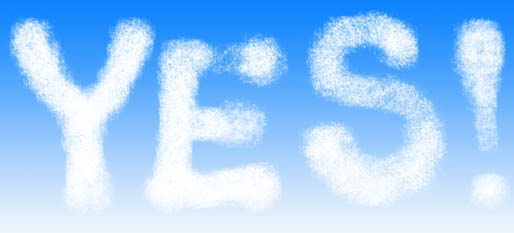This review THE FINKLER QUESTION by Howard Johnson appeared in Times of India's CREST. It's a subscription site, so you'd have to log in to read it there. Anyway, here's the review (this is my version of the review. The print edition may differ in small ways -- the title for instance):
SORRY, PLEASE! I'M NOT JEWISH
There are some books that make me want to lie flat on the floor and howl. Not with fear or laughter, but the sheer tedium of having to plough through them. If this one hadn't been expressed in such elegant and well-turned language, it would have been easier to ignore. So alas, part of my complaint against the book is that its author Howard Jacobson writes so well that we can see the emptiness at the heart of his novel all the more precisely.
The story revolves around Julian Treslove. He is presented as the type of human being who should have been drowned at birth, like an unwanted kitten ¬– except of course that would only have lead to a novel being written in the voice of an exceptionally annoying phantom. We are told that Treslove has no qualities to recommend him: unreliable as a friend, disloyal as a lover, uncaring as a father as well as monumentally sentimental and romantic. The cherry – or do I mean the eye-ball dipped in red dye? – on top of this dismal list, however, is his obsessive fascination with Jewishness. He is the one who considers it an affliction, in part because he isn't a Jew, in part because he considers his entire existence to be an affliction. The question that gives the book its title is based on Treslove's use of the name "Finkler" as his personal code-word to mean "Jew". The novel's ultimate theme is about what it means to be Jewish in a post-Holocaustian world, where yesterday's victims are today's terrorists and tomorrow's front-page corpses might be yours, mine or the Palestinian family's next-door.
Treslove's two dearest friends are Jews. Samuel Finkler and Treslove were in school together while the nonagenarian Libor Sevcik was at one time a teacher to both boys. At the beginning of the book, Finkler and Libor have both lost their wives. Libor's marriage was long, loving and intensely loyal, Finkler's was shorter and riven with infidelities – marital, ideological, intellectual. It is through Libor that Treslove meets Hephzibah, the woman who most fulfils his notion of Ideal Life-Mate. But his relationship with her is so compromised by his self-image as a cultural chimaera, a gentile Jew, that he ceases to maintain his integrity as a convincing character. It's enough that the world has Israel, Palestine and Woody Allen's New York-style neuroses to contend with. The spectacle of a non-Jewish Englishman moaning about the angst of not having Jewishness to moan about is too absurd to be funny and not pathetic enough to be interesting.
Perhaps one of the reasons I found the novel merely self-indulgent rather than insightful or poignant is that I already know, as an Asian belonging to a post-colonial nation, a fair amount about the inclusion-exclusion game as it is played out in urban situations around the world. Through Treslove's character, Jacobson seems to want his readers to re-explore the notion that the Jewish version of this game is still the most riveting one around. But it no longer is for me or, at least, not in the hands of this writer. According to the back-cover blurb this is a "scorching story of exclusion and belonging, ageing, wisdom and humanity … funny, furious, unflinching …' And it's on this year's Man-Booker Prize shortlist. Brrrrr! The longlist must have been grim indeed.

No comments:
Post a Comment